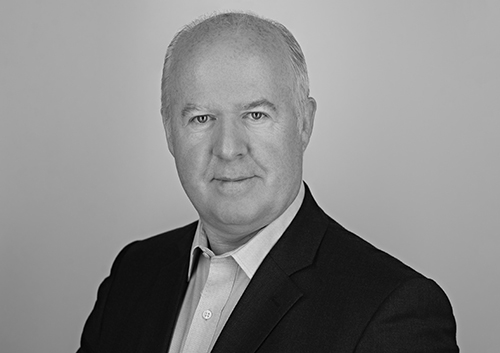This week I attended the CISI Paraplanning Conference #paraconf19 held in the swish surroundings of the Crowne Plaza Hotel in Stratford-Upon-Avon (don’t worry I’m not about to fill this column with Shakespearean puns).
It was a well run event filled with interesting technical speakers (even the keynote speaker was a maths expert!), stream sessions on areas such as trusts and lots of Paraplanners discussing some hot topics such as capacity for loss and improving the quality of client reports. All of this food and drink to Paraplanners.
It’s fair to say, if you’ve not been to a Paraplanning Conference, that it’s a very different demographic to most Financial Planning events. Delegates were, on average a good 10 to 15 years younger than attendees at Financial Planning events (mid-20s to mid-30s rather than mid-40s to mid-50s) and there were slightly more women than men. I’ve never been to a mixed Financial Planning event where women outnumbered men (and yes I know there are women-only events so don’t write in!).
None us this is much of a surprise but what did impress me was how enthusiastic delegates were about the burgeoning profession of Paraplanning and about the future in general. They now longer see themselves as second class citizens.
Many were very proud of their technical qualifications. One comment I heard was: “In some cases we are better qualified than the advisers were are working for.” And I’m sure this is true. Financial Planners with minimum qualifications will need to raise their game if they are to keep up with exam-hungry Paraplanners.
Demand for qualified Paraplanners has gone through the roof in recent years and our own Financial Planning Jobs board regularly sees salaries offered for Paraplanners of £30,000 to £50,000. It is a great time to be a Paraplanner and those graduates smart enough, or lucky enough, to have stumbled across a career in Paraplanning must be thanking their lucky stars about the choice they made. Such a shame too few graduates know about careers in Paraplanning.
One big mistake many make is to believe that Paraplanners are just trainee Financial Planners. Yes, some do want to become Financial Planners but many do not. They enjoy the research, the time spent putting together reports, working as part of a team and helping produce some life-changing Financial Plans for clients. It’s not a stepping stone job, it’s now as long-term career choice, as the conference showed.
They should be better recognised but it’s fair to say many can be shy about coming forward and promoting the merits of Paraplanning although that is beginning to change.
The conference convinced me that with the support of the professional bodies, the Paraplanning profession is heading in the right direction and deserves to be recognised as a separate skill and career path to Financial Planning. There is still a way to go and there are lots of challenges ahead, including around definition and the isolation of some Paraplanners in their firms, but Paraplanning is moving ahead in leaps and bounds.
• We’ve just conducted our annual Financial Planning Survey and the results will be published in our next edition of Financial Planning Today magazine in mid-July. The questions on Paraplanning have produced some very interesting results so keep an eye out when they are published.
Kevin O’Donnell is editor of Financial Planning Today and a financial journalist with over 30 years of experience.

